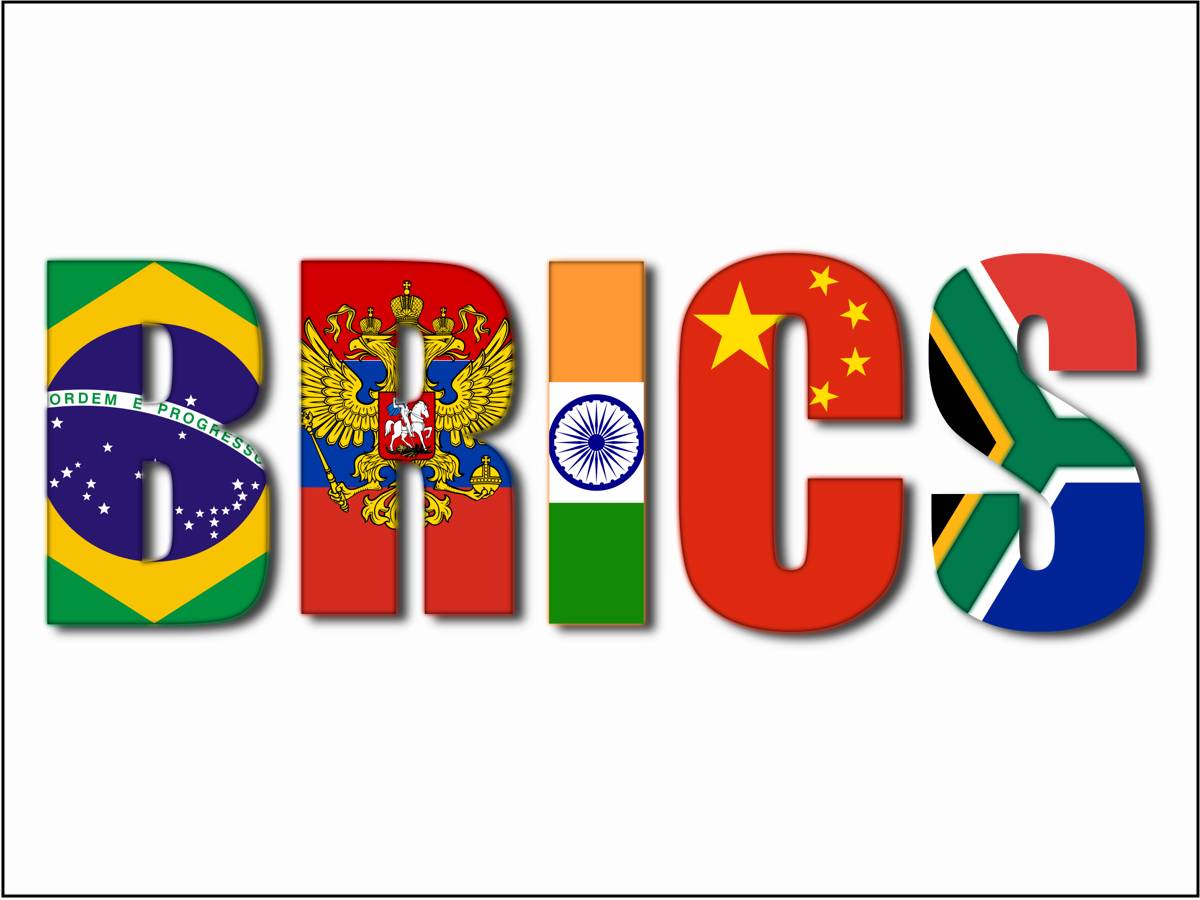The BRICS agreement is a treaty signed by the governments of Brazil, Russia, India, China, and South Africa. This agreement was signed in 2009 and is aimed at enhancing cooperation among these nations in various fields, including trade, finance, and technology. The BRICS nations represent almost 50% of the world’s population and account for over 20% of the global GDP. While this agreement has been seen as a way for these nations to cooperate and promote economic growth, it also poses a threat to the US economy.
One of the main threats to the US economy posed by the BRICS agreement is the potential for other nations to join. For example, there have been talks of Mexico joining the BRICS nations, which would further strengthen the economic power of this group. If more countries join the BRICS agreement, it could create a bloc that could challenge the economic dominance of the United States.
Inflation in the United States is another concern. As the US Federal Reserve continues to print money to stimulate the economy, inflation has been on the rise. Other nations, including those in the BRICS group, are losing trust in the US dollar as a reserve currency. This could lead to a devaluation of the dollar, which would lead to higher inflation and a weaker economy.
If the US dollar loses its reserve status, it could have significant implications for the US economy. The reserve status of the dollar is what makes it the global currency of choice for trade and investment. If other nations start to use alternative currencies for trade and investment, it could lead to a decline in demand for the dollar. This would lead to a decline in the value of the dollar, which would make imports more expensive and reduce the purchasing power of Americans.
The BRICS agreement could also lead to the creation of a new global financial system that is not dominated by the United States. The International Monetary Fund (IMF) and the World Bank, which are both based in the United States, currently dominate the global financial system. However, the BRICS nations have been working to create their own institutions, including the New Development Bank (NDB) and the Contingent Reserve Arrangement (CRA). These institutions provide an alternative to the IMF and the World Bank, which could reduce the influence of the United States in the global financial system.
It is important to note that the BRICS nations also have significant natural resource reserves. Brazil, for example, has the largest supply of iron ore in the world, accounting for almost 25% of global supply. Russia is the largest producer of nickel, palladium, and diamonds, and is also a major producer of natural gas and crude oil. India is the largest producer of cotton, and also has significant reserves of coal, iron ore, and bauxite. China is the world’s largest producer of steel, and is also a major producer of coal, aluminum, and copper. South Africa has the largest reserves of platinum and chromium in the world, and is also a major producer of gold and diamonds.
These natural resource reserves provide significant economic power to the BRICS nations, as they can control the supply and price of these resources. This could potentially lead to the creation of a new world order, where the BRICS nations have significant influence over the global economy.
In conclusion, the BRICS agreement poses a threat to the US economy in several ways. The potential for other nations to join this group could create a bloc that challenges the economic dominance of the United States. Inflation in the United States is also a concern, as other nations are losing trust in the US dollar as a reserve currency. If the US dollar loses its reserve status, it could have significant implications for the US economy. The creation of a new global financial system that is not dominated by the United States is also
Additionally, China is the largest importer of Brazilian soybeans, while Russia is a major supplier of oil and natural gas to China. These partnerships have helped create a new level of economic interdependence among the BRICS countries, which could potentially weaken the influence of the US dollar and the Western-led financial institutions.
Furthermore, the US economy is facing a threat as other nations join the BRICS agreement. Mexico, for example, has expressed interest in joining the group, which could create a formidable economic force that would challenge the US’s dominance in the global economy. The inclusion of Mexico would give the BRICS countries access to a large market and abundant natural resources, including oil, natural gas, and agricultural products.
Moreover, the ongoing inflation in the United States has caused other nations to lose trust in the US dollar. Inflation is caused by the excessive printing of money and the decrease in the value of the currency. As inflation erodes the value of the US dollar, other countries are beginning to question the viability of using it as a reserve currency.
The US dollar has been the world’s reserve currency since the end of World War II. The dollar’s status as a reserve currency means that it is widely accepted and held in significant quantities by other governments, central banks, and financial institutions around the world. The reserve currency status of the US dollar has allowed the United States to borrow money at lower interest rates, making it easier for the government to fund its operations and finance its debt.
However, the United States’ status as the world’s dominant economic power has been challenged by the rise of China, which has become the world’s second-largest economy. China has been working to promote the use of its currency, the renminbi, as an alternative to the US dollar. The Chinese government has been signing agreements with other countries to use the renminbi for international trade, and it has established currency swap agreements with many other central banks.
If the US dollar were to lose its reserve currency status, it would have a significant impact on the US economy. The US government would have to pay higher interest rates to borrow money, making it more expensive to finance its debt. Additionally, the value of the US dollar would decline, leading to higher prices for imported goods and inflation in the United States.
In conclusion, the BRICS agreement represents a significant threat to the US economy. The economic interdependence among the BRICS countries, along with their abundant natural resources, could create a formidable economic force that challenges the US’s dominance in the global economy. Furthermore, the ongoing inflation in the United States has caused other nations to lose trust in the US dollar, which could potentially lead to its loss of reserve currency status. The US government must take steps to address these challenges, such as promoting economic growth and stability and ensuring the long-term viability of the US dollar as a reserve currency.




